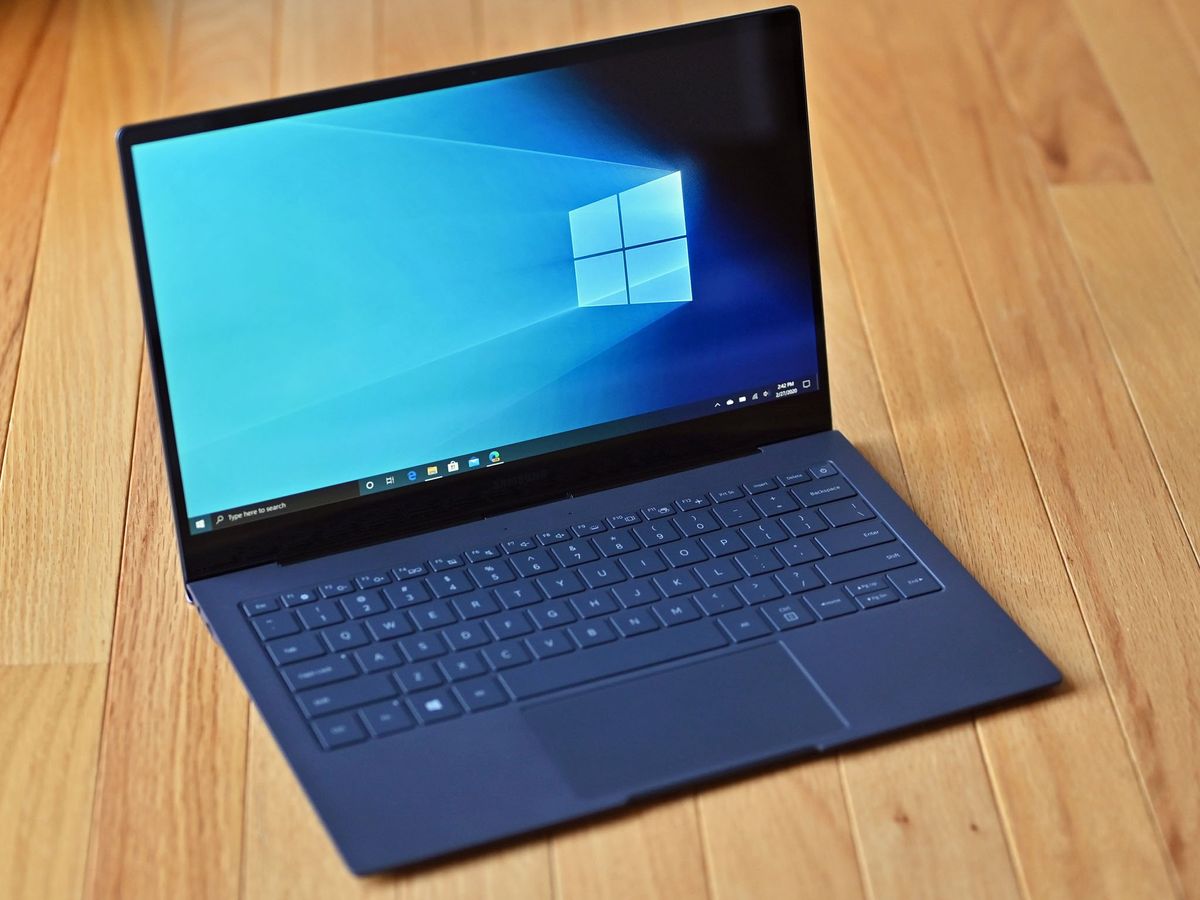Microsoft Teams finally getting compiled for ARM64 Windows 10 … eventually
It's been a few years, but Microsoft seems to have finally committed to a native ARM64 build of Microsoft Teams. Now, if it could do that for all its apps.

What you need to know
- Microsoft Teams is planned to get ARM64 support.
- Currently, Teams must run in emulation on devices like Surface Pro X.
- There is no ETA on when to expect the recompiled version.
- Microsoft still has a problem making its own apps optimized for Windows on ARM.
Late in 2019, the team behind Electron, which drives many cross-platform apps like Slack and Microsoft Teams, announced that it has been recompiled for Windows on ARM. But since its announcement, we have seen virtually no companies recompiling for ARM64, including (and embarrassingly) Microsoft.
That seems to be about to change. Just a few days after I lamented the status of Microsoft Teams for devices like Surface Pro X, Lenovo Flex 5G and Samsung Galaxy Book S, Rish Tandon, corporate vice president of Engineering for Microsoft Teams gave some guidance. In response to a question on Twitter, Tandon noted that Microsoft Teams for ARM64 is in the works.
Yes, that's in the work - don't have a date for you yetYes, that's in the work - don't have a date for you yet— Rish Tandon (@rishmsft) July 23, 2020July 23, 2020
Of course, no timeline was provided, so its exact stage of development is unknown. However, considering up until this point Microsoft has never even committed publicly to making Microsoft Teams for ARM64, this is, sadly, progress.
An ongoing problem

Microsoft Teams does run on devices like Surface Pro X, powered by a Qualcomm Snapdragon processor, but it needs to run in Win32 emulation with reduced performance. Users can also opt to use Microsoft Teams as an "installed app" through the new Chromium Edge browser and its Progressive Web App feature. Still, issues with notifications and windowing are not uncommon.
Companies like Electron and UNITY have released the tools to developers to bring native apps and games to Windows on ARM, but so far, it has been a slow burn. Even the new Skype is running on Electron with reduced performance.
Microsoft has been quite egregious with such inconsistencies. Its new Xbox (Beta) app for Windows 10, for instance, won't even install on a Windows 10 on ARM PC. Rumors suggest Microsoft may integrate its Project xCloud into said app for handiness. If accurate, that means Windows 10 on ARM PCs won't be able even to leverage Xbox game streaming, which seems like a massive oversight.
At the very least, such lagging support for Microsoft Teams, Skype, Xbox, etc. signifies a lack of coherent vision at Microsoft. New platforms are only supported when convenient for the teams behind them.
Get the Windows Central Newsletter
All the latest news, reviews, and guides for Windows and Xbox diehards.
Microsoft even had to be prodded to release its Chromium-Edge browser for ARM64 even as Surface Pro X was hitting stores. It was only eight months ago Microsoft began filtering non-compatible Microsoft Store apps for Windows on ARM users.
As I remarked on last week's podcast, Apple would not do this. When Apple launches its custom ARM devices and OS launch later this year, it is highly unlikely it will be in the same position as Microsoft.
Microsoft announced it would begin supporting ARM in December 2016, with the first PCs announced a year later. Since then, there has been steady progress, but it is also clear that Microsoft could be doing a lot more to support its own platform and hardware.
But hey, at least we now know that someday, Microsoft Teams will run natively on Surface Pro X. Sarcastic golf claps all around.

Daniel Rubino is the Editor-in-chief of Windows Central. He is also the head reviewer, podcast co-host, and analyst. He has been covering Microsoft since 2007 when this site was called WMExperts (and later Windows Phone Central). His interests include Windows, laptops, next-gen computing, and wearable tech. He has reviewed laptops for over 10 years and is particularly fond of 2-in-1 convertibles, Arm64 processors, new form factors, and thin-and-light PCs. Before all this tech stuff, he worked on a Ph.D. in linguistics, performed polysomnographs in NYC, and was a motion-picture operator for 17 years.